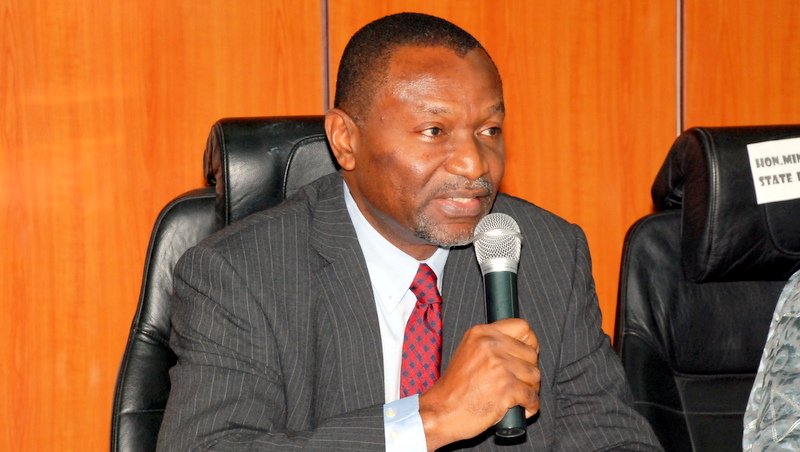
Health expenditure Gets Priority in 2019 – Udo Udoma
The Minister of Budget and National Planning, Senator Udoma Udo Udoma has said that Health expenditure would be given priority in the 2019 fiscal year even in the face of revenue shortage.
The Minister stated this at the Nigeria Value for Money in the Health Sector Workshop holding in Abuja.
Senator Udoma also said the government is currently working to improve the country’s mortality rate which is among the lowest in the continent.
He noted that the constrained fiscal space occasioned by drop in oil price and disruption to crude production continues to reflect on revenues.
“The present administration came to meet a very constrained fiscal space. Revenue dropped from N10.07 trillion in 2014 fiscal year to as low as N5.68 trillion in 2016. Even though it recovered somewhat to N7.17 trillion and N9.17 trillion in 2019 and 2018, it is still low compared to the amount in 2014,” he said.
Speaking on funds from donor agencies, the minister also said that dwindling donor funding has further aggravated the country’s transition from the status of a poor country to a developing economy.
He assured that notwithstanding the government’s tight revenue inflow, there is need to increase expenditure in the health sector stressing that it is collaborating with governments at all levels on the need to maximize value for allocation to the sector.
In his presentation on reprioritizing Health in the National Budget the Director General Budget Office of the Federation Ben Akabueze disclosed that the federal government has earmarked the sum of N43.5 billion for routine immunization programme in 2019.
The DG budget said there was a need to upscale allocation to primary health care just as he called for equity in the allocation of funds to different areas in the sector.
Mr. Akabueze explained that because Nigeria was operating a deficit budget it has become very difficult for the country to further borrow to fund projects in the health sector.
According to him, this has placed a limitation on “how much we can borrow, adding that to turn the tide around, the country must seek ways to attract other sources of funding to increase expenditure in the health sector.
